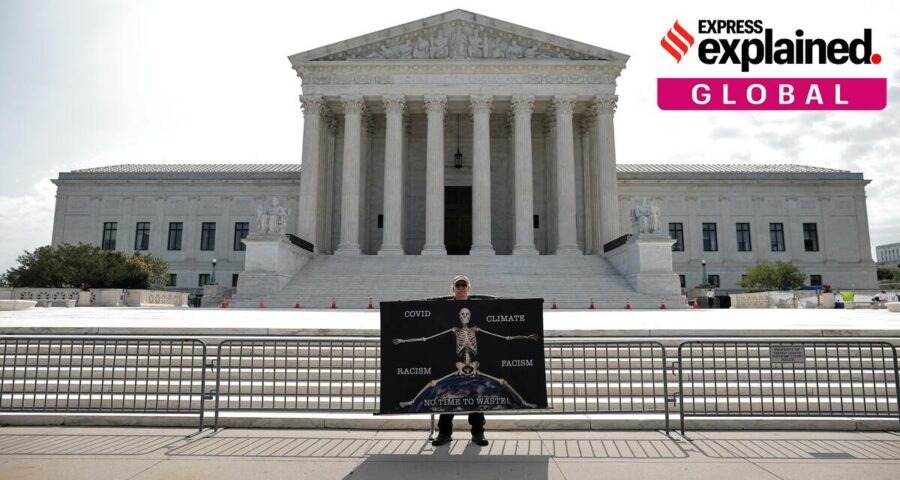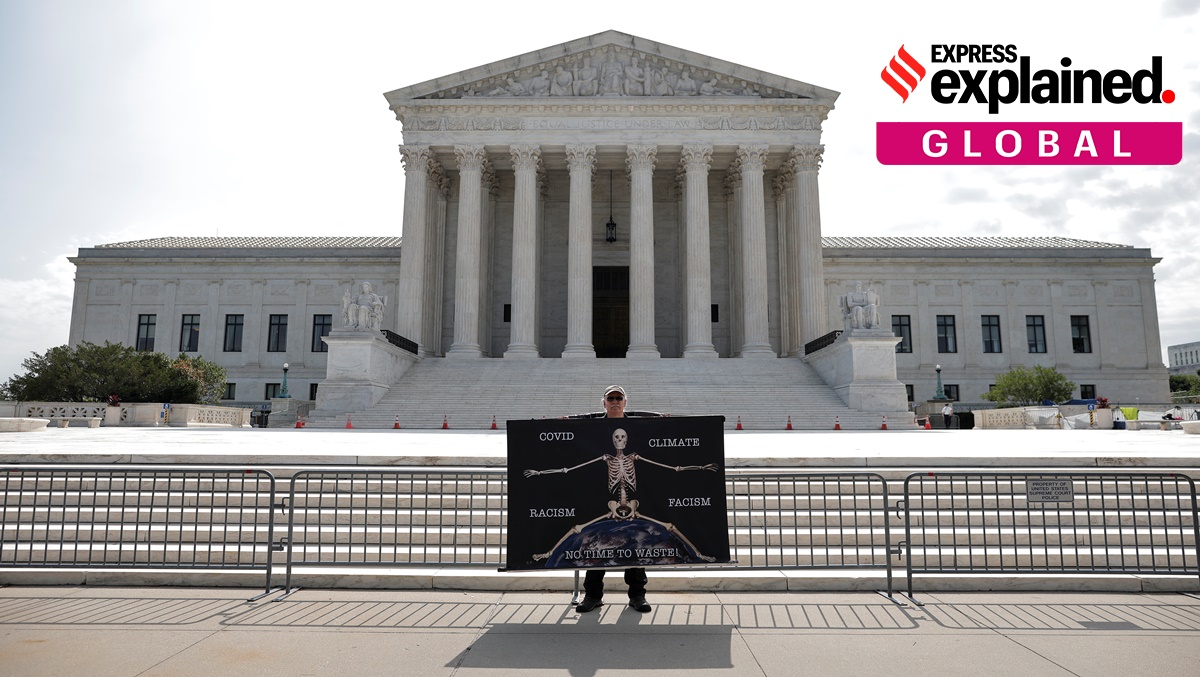Students for Fair Admissions have called Harvard's racial classifications and preferences in college admissions "unconstitutional”, while Asian American groups filed complaints regarding Yale's conduct towards Asian Americans.
The US Justice Department Monday deferred its decision to hear an appeal in the case involving Harvard University that alleges that the institution discriminates against Asian-American applicants.
In February 2020, the department had asked a federal appeals court to overturn a 2019 case ruling that found that Harvard does not discriminate against Asian-American applicants. In November last year, the federal appeals court in Boston ruled that the usage of race by Harvard University was limited and in line with precedents set by the Supreme Court.
Newsletter | Click to get the day’s best explainers in your inbox
Who has challenged Harvard and why?
Harvard has been challenged by Students for Fair Admissions, a non-profit membership group with over 20,000 members who believe that racial classifications and preferences in college admissions are “unfair, unnecessary, and unconstitutional”.
“A student’s race and ethnicity should not be factors that either harm or help that student to gain admission to a competitive university,” the group’s website mentions. It has filed lawsuits against Harvard University, the University of North Carolina and the University of Texas.
In the lawsuit against Harvard, the group has said that they “have employed and are employing racially and ethnically discriminatory policies and procedures in administering the undergraduate admissions program at Harvard College”, which is in violation of the Civil Rights Act of 1964.
But Harvard has denied these allegations and in May asked the Supreme Court to deny the request by Students for Fair Admissions that its admission practices be reviewed and “ decades of case law allowing the consideration of race as one factor among many in higher education admissions” be revisited, an article published in The Harvard Gazette said.
Significantly, the lawsuit filed by Students for Fair Admissions was backed by the Trump administration that went on to file another such lawsuit against Yale University in 2018. The Biden administration, however, dropped the case against Yale in February.
What are these lawsuits about?
Critics of the Trump administration interpreted this move against some universities as a step to do away with affirmative action, which was developed in the 1960s as a response to address racial inequalities and racial exclusion.
President John F Kennedy used affirmative action for the first time in 1961 when he instructed federal contractors to take “affirmative action to ensure that applicants are treated equally without regard to race, color, religion, sex, or national origin”.
In 1978, the US Supreme Court upheld the use of race as one factor in choosing among qualified applicants for admission. In the 60s and 70s, colleges started developing their own policies integrating affirmative action to help the inclusion of those from the disadvantaged and underrepresented sections of society, which included racial minorities.
Further, while the US high courts have outlawed the use of racial quotas, institutions of higher learning consider race as one of the criteria for admissions.
What is the case against Yale University?
The Justice Department claimed last year that Yale University has illegally discriminated against Asian Americans and white applicants in its undergraduate admissions process, which violates certain provisions of the 1964 Civil Rights Act. The investigation was launched in 2018 after a complaint was filed by Asian American groups concerning Yale’s conduct.
Significantly, the Justice Department notes that while the US Supreme Court has held that colleges receiving federal funds can consider applicants’ race in “limited circumstances” as one of the factors for granting admission to an applicant, Yale’s use of race has not been limited.
Like Harvard, Yale has also denied these allegations and has called the department’s allegations “baseless”.
Source: Read Full Article



